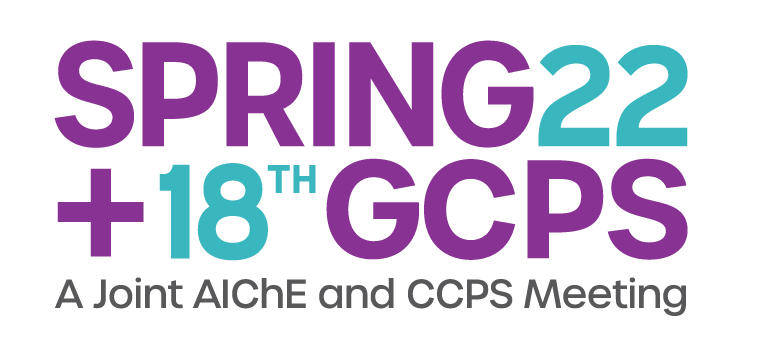

Borealis and our commitment with sustainability, is working in ways to offer viable alternatives to conventional feed stocks, which will not only reduce the Borealis’ plant’s overall CO2 footprint, but also help our customers maintain high product quality while meeting their own sustainability goals. Increasing renewable and bio-based feed stocks in our steam cracking facilities in Porvoo, Finland and Stenungsund Sweden as well as our Propane Dehydrogenation Plant in Kallo, Belgium, is the foundation for achieving this goal, both through base chemicals as well as the BornewablesTM, the Borealis portfolio of premium circular polyolefins.
On this journey, Borealis has processed second generation renewable feeds at its petrochemical facilities. In this paper, we will describe the way Borealis has set up the process and the results of the tests that have been performed. This paper will focus on the preparations for the tests, including a detailed analysis of the feed, a risk assessment on furnace and recovery section, simulations performed to select the most suitable furnace and specific parameters that were monitored.
During the tests, follow up was done by monitoring these identified meters and analysers. Finally, the tests results were compared to the simulated values.
Presenter(s)
Once the content has been viewed and you have attested to it, you will be able to download and print a certificate for PDH credits.
If you have already viewed this content,
please click here
to login.
